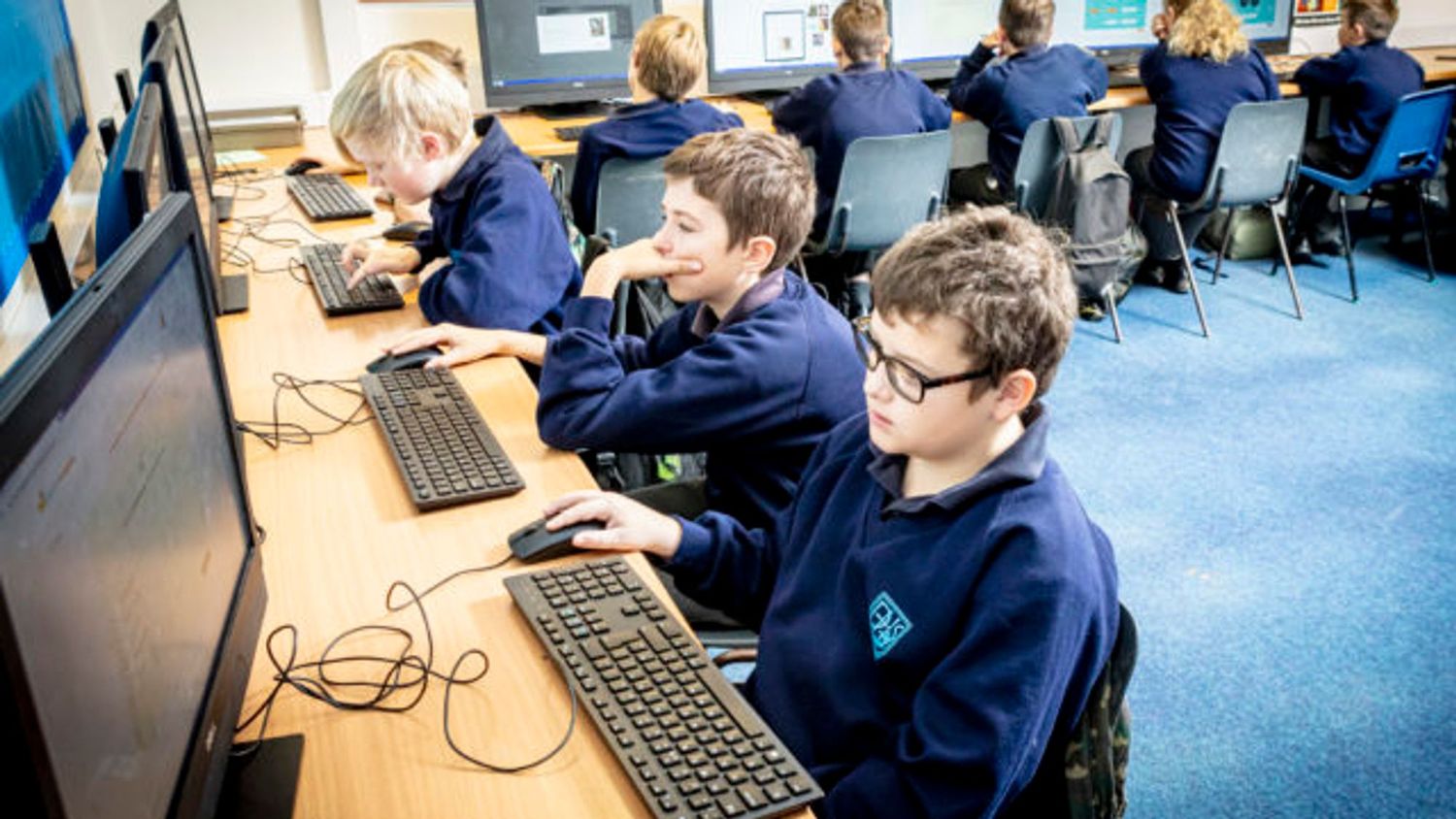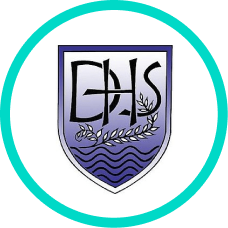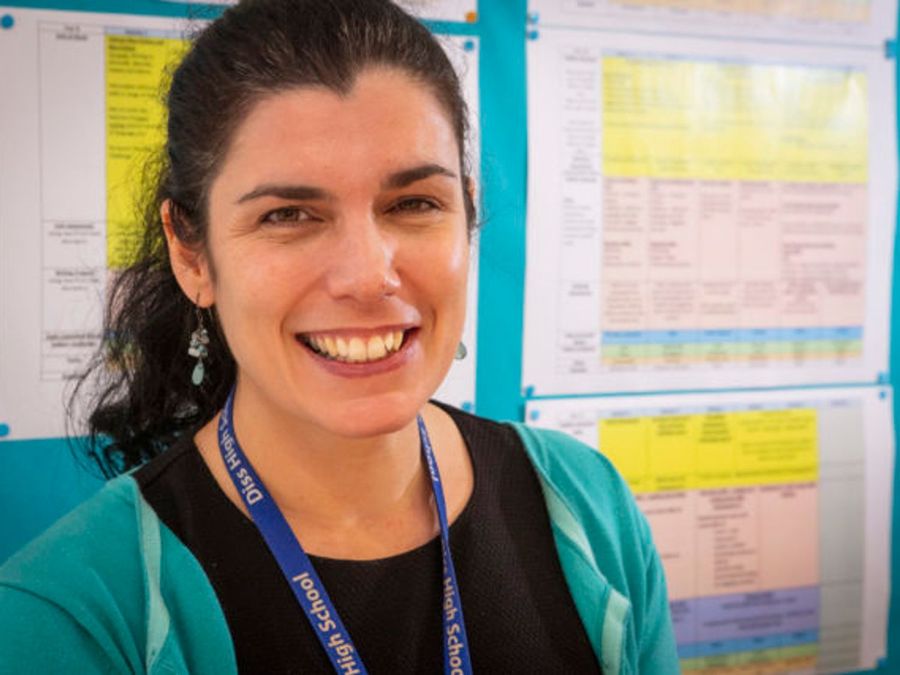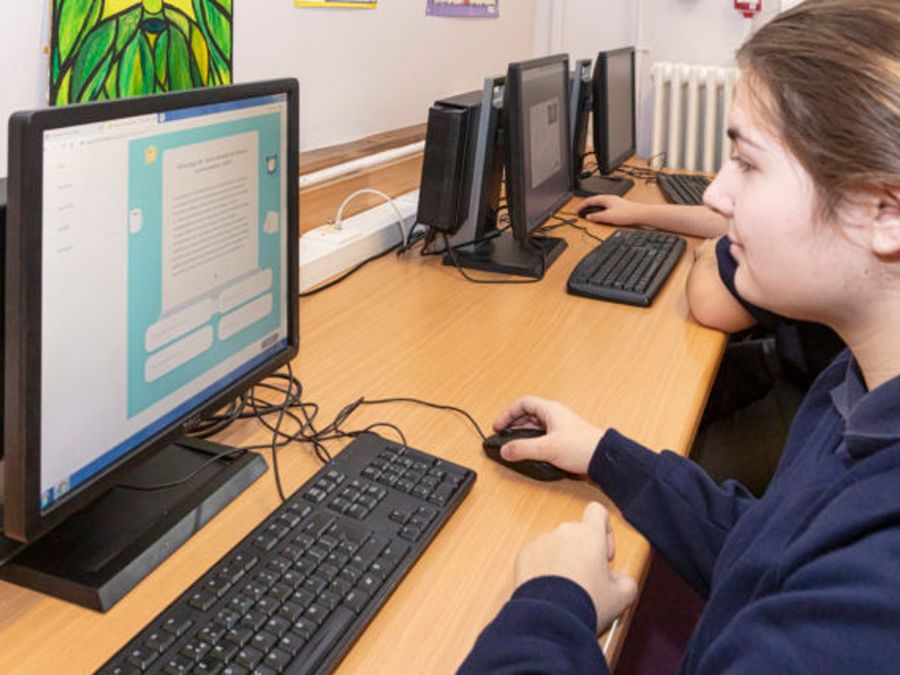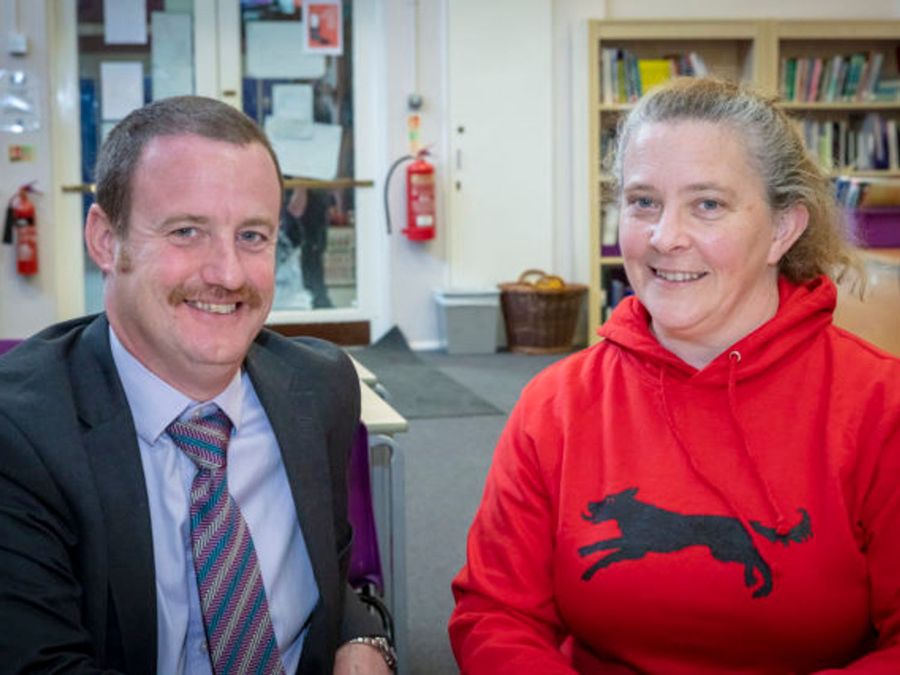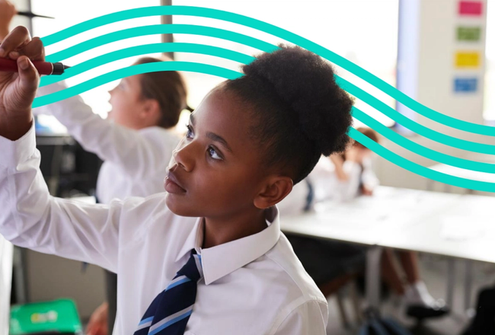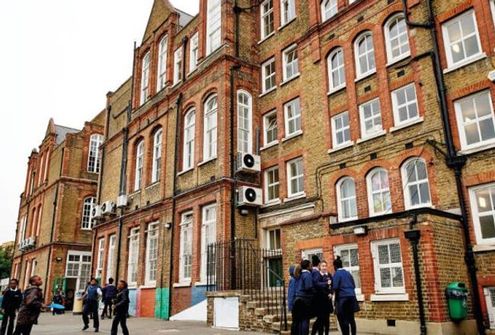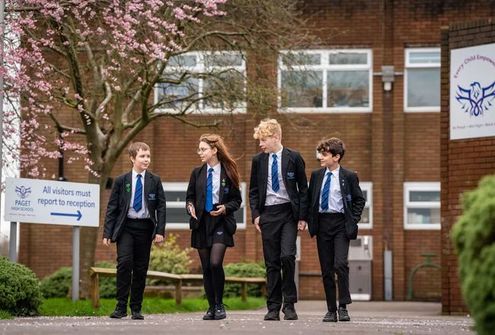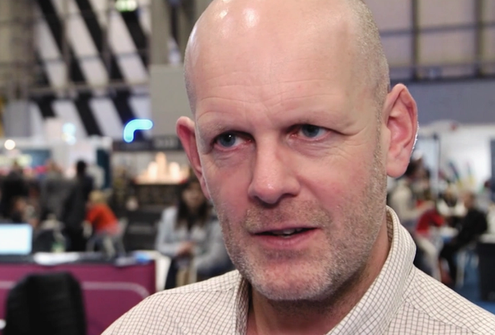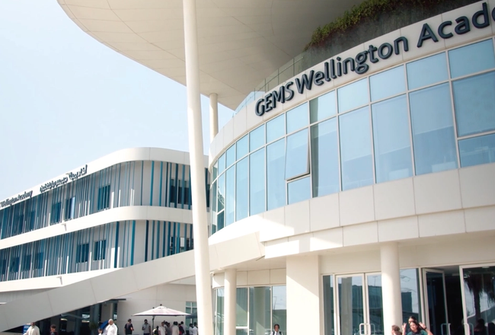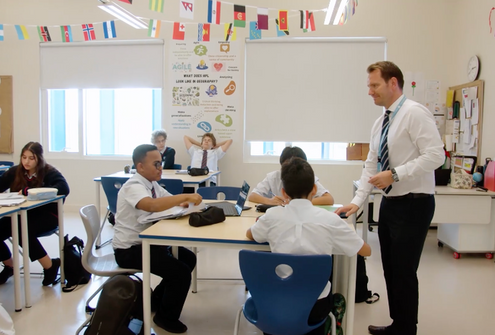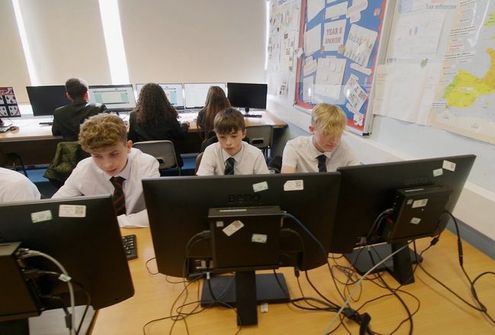How does Bedrock tie into your priorities as a school?
From an exam perspective, obviously the demands of GCSEs mean that all our students have got to cope with 19th- and 20th-century non-fiction, 21st-century fiction, etc. The vocabulary in those texts is quite demanding. We see an improvement in their understanding of that, which also ties into our starter activities because we’re trying to expose them to lots of little chunks of text so they can see lots of different text types.
But then we realised as well that the vocabulary demands of History and Geography have gone up massively too but the students didn’t really know what to do about it, so we feel like we’re underpinning and helping the whole curriculum as well.
In terms of thinking about the individual student, one of our whole-school priorities is to create students who can function successfully in a global society. So, again, as language allows access to all of those things, being a great communicator is crucial. So by giving students that language, hopefully it’s going to make them more ambitious and aspirational and see what’s happening beyond their local community as well.
How do you implement Bedrock Learning?
We use Bedrock in lots of different ways. Bedrock is now used in Year 7 and 8 tutor time one morning a week. It’s been really good for students to see that [literacy] is not just something that is isolated to English and it’s got staff from across the curriculum aware of what Bedrock does as well. We’ve heard some good feedback from the tutors too.
We also do it as homework because we’re saying that roughly it takes 15 minutes to do one lesson, so the target is to do two lessons a week and then we follow that up in class lessons, particularly in starter activities where we use the new grid to show what words we’re learning.
In addition to that, we’ve now got three literacy groups: Year 8, 9 and 10. Bedrock is used to structure part of that lesson as well, whether it be the start of a lesson or the end of the lesson, just because the focus is on improving their spelling, punctuation and grammar. So in my opinion, the more exposure they can have to a range of texts from different genres and different topics, it’s crucial in getting them to recognise how language is used in those different contexts.
What does Bedrock offer you as a department head?
What I liked about Bedrock straight away is you’re really personal: we can send an email to you and get a really nice reply that feels like it’s just for us and not a bog-standard ‘sentence starter’ where you’ve changed the end! I like the fact that you don’t mind us emailing you about an issue, no matter how big or small.
I really like the charts that you send to us so we can monitor the usage of students in all year groups. What’s been particularly useful is the reports that you’ve done for us at the drop of a hat, when we’ve had governors’ meetings or Ofsted coming in. You’ve looked particularly at groups, like Looked After Children, Pupil Premium children, SEN children, and you’ve been able to break the data down about how it’s actually impacted their learning.
